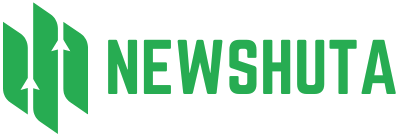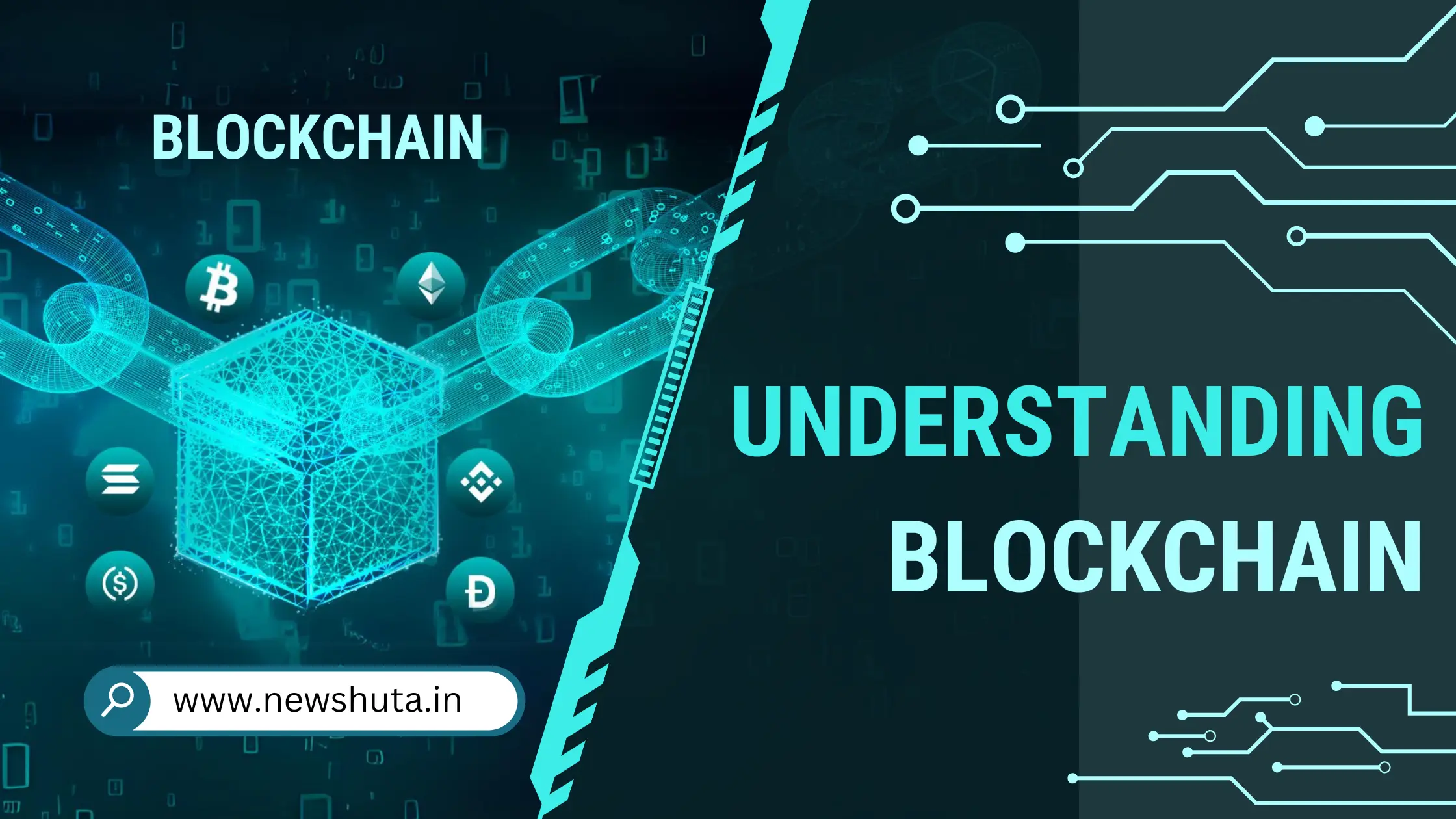This means that blockchain is not governed by a single authority but operates in a decentralized network. Its security is fortified by advanced cryptography that ensures it is highly secure. All transactions are available for public viewing, thus ensuring total transparency. Besides, once data enters the blockchain it becomes unchangeable meaning that no one can alter it.
Blockchain technology has been creating ripples in the tech world for more than ten years now; however, there are still many people who view it as something mysterious and difficult to understand. If you are new to blockchain and you would like to get an idea of what it’s all about, then you are in the right place. This guide will break down the essentials of blockchain technology in a friendly and conversational tone enabling anyone to understand its basics.
What is Blockchain?
Imagine an accessible digital ledger for everyone to see. This ledger is akin to a huge notebook where each transaction ever made gets recorded. Then imagine this book being spread among numerous computers globally interconnected with each other. Essentially, this is what blockchain does- an open and secure way of storing information which is decentralized too.
Key Characteristics of Blockchain
- Decentralization: Unlike centralized databases where one entity holds sway, a blockchain is supported by computers in network referred to as nodes. As such, it lacks the control of any individual thus making it more secure and less vulnerable to crash.
- Transparency: For this reason, every trade on a blockchain is open for all to see. This openness promotes confidence among users since they are at liberty to verify transactions.
- Security: Every transaction is encrypted and linked with the previous one so that each forms an unbroken chain which cannot be tampered with. When a block once added into the chain, it is impossible to change it without altering all subsequent blocks that follow it.
How Does Blockchain Work?
Let’s take a closer look at how the blockchain system works:
- Transaction Initiation: When one person requests for a transaction, which might involve moving properties, records or ideas.
- Transaction Verification: This requested transaction is then broadcasted to nodes, a network of computers. These nodes use complicated algorithms to verify the request.
- Block Creation: The verified transaction is then amalgamated with other transactions so as to form a new block of data in the ledger.
- Block Addition: The new block will be included into the existing blockchain such that it cannot be changed and remains permanent thereon.
- Completion: Then, the transaction ends and the updated blockchain disseminates throughout its network completely.
Applications of Blockchain
Blockchain is not just about digital currencies such as Bitcoin. It has many other applications which can be highly diverse in nature and substance:
Finance
Blockchain can revolutionize finance by making transactions faster, cheaper, and more secure. It eliminates intermediaries thereby reducing costs and improving efficiency.
Supply Chain
In supply chain management, blockchain ensures traceability of products from manufacturers to consumers. This transparency can prevent frauds and also guarantee genuineness of goods.
Healthcare
Blockchain provides a secure storage for patient records making them accessible only to authorized personnel. Thus, it improves data privacy and streamlines healthcare operations.
Voting
Through Blockchain, voting systems may be secured while being transparent so that each vote matters without fear of tampering with them.
Why Should You Care About Blockchain?
But why should you care about the blockchain?, I hear you ask. Here are some of them:
- Innovation: It is a matter of fact that blockchain stands at the head of technology advancing, revolutionizing several industries.
- Security: As our world becomes more digital by every day, so does the need for secure and transparent systems. In many ways, this answers multiple security questions through blockchains.
- Decentralization: The blockchain decentralizes everything and this mean that it puts power back into the hands of individuals, allowing everyone to participate in a fairer digital economy.
- Future-Proofing: And whether it’s in finance or technology or any other field, learning about blockchain now can put you on the forefront of future developments.
Common Misconceptions About Blockchain
Let’s clarify some common misconceptions:
Blockchain and Bitcoin are the Same
Bitcoin is only one of many applications based on blockchain technology. Blockchain is a foundational technology that could be used for many other purposes besides cryptocurrencies.
Blockchain is Completely Anonymous
The transactions on blockchain are pseudonymous, but not exactly anonymous. All transactions that take place on blockchain can be tracked and analyzed because of its transparency.
Blockchain is Infallible
Although highly secure, blockchain can still fall victim to attacks or mistakes. Nevertheless, it is more difficult to break than centralised systems as we know it.
Getting Started with Blockchain
For anyone seeking to delve deeper into the workings of blockchain, here are some steps you can take:
- Learn the Basics: There exists a wide range of resources available online including online classes and guides which can help you get to know blockchain basics
- Join Communities: Join the blockchain communities in platforms like Twitter, Reddit, or specialized forums so that you maintain relevance as well as learn from others.
- Experiment: Experiment with blockchain platforms and tools. A majority of blockchains such as Ethereum have test networks on which users can try out without any financial consequences.
- Stay Curious: Blockchain is changing very fast. Keep learning and stay curious about new developments and applications.
Conclusion
Blockchain technology is not just a buzz word but also a transformative technology that can change many things in our lives. You can stay ahead of the game by understanding the basics of blockchain and thus be part of this exciting technological revolution. This paper however seeks to inspire you, so dive into it right now!
Feel free to share your thoughts or questions in the comments below. Happy learning
FAQs
How to Learn Blockchain Technology for Beginners?
Answer:
- Start with the Basics: Let’s start with understanding what blockchain is and how it works. Find introductory courses on platforms such as Coursera, Udemy, Khan Academy among others.
- Read Books and Articles: Books such as “Blockchain Basics” by Daniel Drescher will go a long way in helping you understand this area better. Good online sources for these include articles and whitepapers like bitcoin whitepaper.
- Join Online Communities: Get involved with blockchain communities on Reddit, Twitter, and specialized forums. These groups are invaluable for getting current information and advice.
How Do You Easily Understand Blockchain?
Answer:
- Simplify Concepts: Reduce complex concepts to simpler elements. For example, use analogies like comparing blockchain to a digital ledger or a distributed notebook.
- Watch Videos and Tutorials: Visual learning always works well with some people. There are numerous YouTube tutorials on blockchain that make sense even to children.
- Hands-On Practice: To see how blockchain works use simulation tools or develop small projects on Ethereum’s test network
How Do I Start Working on Blockchain Technology?
Answer:
- Learn Programming: Get to know the most frequently used programming languages in blockchain development: Solidity, Python or JavaScript.
- Use Blockchain Platforms: Work on blockchain platforms such as Ethereum, Hyperledger or Binance Smart Chain to see how they operate.
- Build Projects: You can start with small projects like simple smart contracts or basic DApps. For beginners, Remix IDE is an excellent platform.
- Network and Collaborate: Get involved in blockchain conferences, webinars and meetups because there you network with professionals who will give you knowledge about it.



Oii
Hey
Video open
gerat
Ok
Your point of view caught my eye and was very interesting. Thanks. I have a question for you.
ask your question
Your article helped me a lot, is there any more related content? Thanks!
Fudu
Nyc
Ok
Hi
Nyz
Nia
Psns